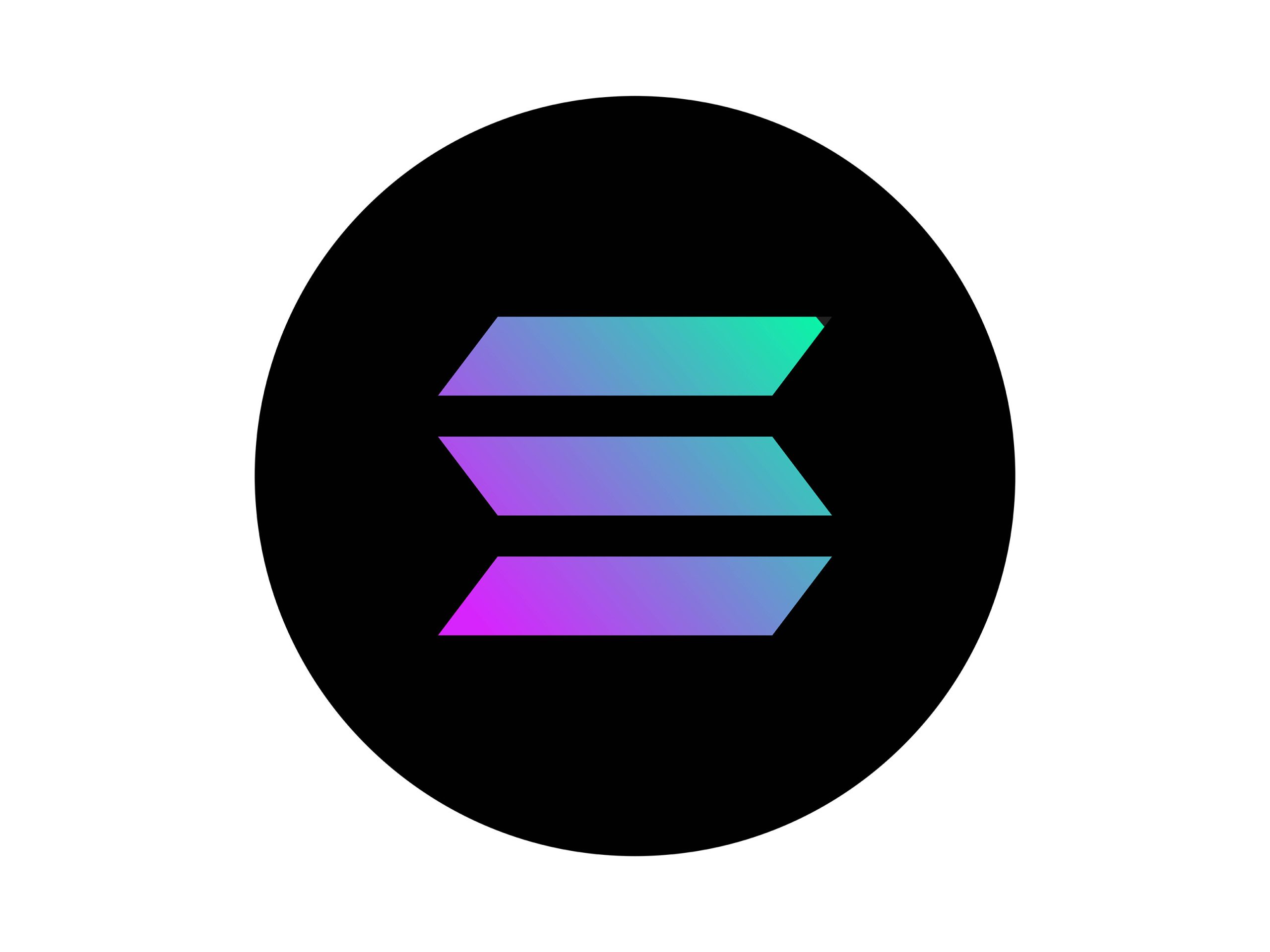Which Cryptocurrency Is Best for Online Payments?
May 30, 2025, 10:35am
Today, digital assets are not just for traders or tech-savvy investors, they’re increasingly used for real-world transactions, especially online.
Cryptocurrencies have come a long way since Bitcoin first launched in 2009. Whether you’re buying something from an e-commerce store, subscribing to a service, or sending money internationally, crypto is slowly but surely becoming a reliable alternative to traditional payment methods.
But not all cryptocurrencies are created equal. Some are faster. Some are cheaper. Others focus on privacy or stability. So, which one should you choose for paying online?
Let’s take a closer look at the most popular options and what they’re best suited for.
Bitcoin: The Benchmark for Online Payments
Bitcoin (BTC) is the first and most popular cryptocurrency globally. Since a lot of merchants use Bitcoin, it is a good choice for anyone making online payments with crypto.
Even though doing a transaction on Bitcoin can be pricey during busy times and the processing can be slow, it is still considered reliable due to its security and liquidity. The Bitcoin network has strong support with mobile wallets and payment processors and it keeps being added to new platforms on the internet.
Where can you use Bitcoin to pay online?
- Major e-commerce retailers like Overstock.com and Newegg.
- Travel booking platforms such as Travala and CheapAir.
- VPN and tech service providers like ExpressVPN and Namecheap.
- Nonprofits and charities, including Save the Children and The Water Project.
- Crypto casinos and betting platforms that offer fast deposits and withdrawals for gamblers who prefer decentralized options. Many of the best Bitcoin gambling sites prioritize BTC due to its global reach.
While it’s not perfect for every scenario, Bitcoin’s broad acceptance gives it a clear edge when you’re looking for flexibility.
Ethereum, Litecoin, and Bitcoin Cash: Functionality Meets Speed
Ethereum (ETH) is a big name in cryptocurrency, most recognized for providing online services, smart contracts, and NFTs. A lot of companies that accept Bitcoin can also process ETH. Yet, the cost of gas on Ethereum often rises when the network is heavily used.
Unlike other cryptocurrencies, Litecoin is quick and efficient. Because it is confirmed faster and has less expensive fees than BTC, a lot of users turn to it for making daily payments.
Bitcoin Cash (BCH) was designed specifically to improve Bitcoin’s payment performance. It offers low-cost, fast transactions, making it a great option for small payments or online shopping. While its merchant support isn’t as widespread as Bitcoin or Ethereum, it’s accepted by a growing number of platforms focused on fast, low-fee payments.
Stablecoins: The Safe Bet for Everyday Payments
One of the biggest concerns with using cryptocurrency for payments is volatility. Prices can swing significantly from one day to the next, or even hour to hour. This is exactly why stablecoins have become a go-to choice for online payments, combining the ease of crypto with the predictability of fiat currency.
Because Tether (USDT) and USD Coin (USDC) are both valued at the equivalent of $1, you do not have to worry about your crypto value dropping during the transaction period.
Many freelancers, software platforms, and world marketplaces are now using stablecoins. Companies also use them globally when sending money because their value is predictable, and the fees are not high.
Nano and Ripple: Built for Speed
If your priority is transaction speed, Nano (XNO) and Ripple (XRP) deserve attention.
Nano is designed for instant, fee-free payments. It’s energy-efficient and built specifically for fast peer-to-peer transfers. While it’s not as widely accepted as Bitcoin or Ethereum, it’s an excellent option for microtransactions or payments between individuals.
Ripple focuses on cross-border payments and is already used by banks and financial institutions to move large sums quickly and cheaply. Although its retail use is still developing, XRP is a strong candidate for international transactions where speed and cost are critical.
Monero: The Privacy-First Option
Some users want their transactions to remain private, not just pseudonymous like with Bitcoin, but fully untraceable. For that, there’s Monero (XMR).
Monero uses advanced cryptography to hide sender, receiver, and transaction amount details. This makes it ideal for people who want complete privacy, whether for personal reasons or to protect sensitive data.
However, Monero is not accepted by as many merchants, especially in regions with strict financial oversight.
Dogecoin and Binance Coin: Niche but Noteworthy
Dogecoin (DOGE) may have started as a joke, but it’s become one of the more accessible cryptocurrencies thanks to its low fees and active Dogecoin community. It’s often used for tipping, fundraisers, and small purchases. While it doesn’t have the utility or backing of Bitcoin or Ethereum, it works well for fun, low-value transactions.
Binance Coin (BNB) is used mostly within the Binance ecosystem, where it powers reduced trading fees and can be used for booking travel or paying for services tied to Binance partners. Its use outside of Binance is growing, but it’s still limited compared to broader coins like BTC or ETH.
A Practical Take: Choosing the Right Crypto for the Right Situation
Different situations call for different digital currencies. Whether you’re aiming for fast checkout, stable pricing, or international payments, it helps to match the right coin with the right purpose.
- General e-commerce: Bitcoin and Ethereum remain the most universally accepted.
- Day-to-day purchases: Litecoin and Bitcoin Cash offer fast, cost-effective transactions.
- Privacy-first payments: Monero is unmatched, but less usable in mainstream retail.
- Cross-border payments: Ripple and Tron offer excellent speed and low cost for international use.
- Stable transactions: USDT and USDC minimize risk from market volatility.
- Microtransactions and tipping: Nano and Dogecoin provide cheap, fast solutions.
Final Thoughts
Using crypto to pay online isn’t just possible, it’s becoming increasingly practical. But the best choice depends on your priorities. Do you need speed? Privacy? Low fees? Or are you looking for merchant flexibility?
For many, Bitcoin remains the gateway to online crypto payments because of its global acceptance and robust ecosystem. Others may prioritize cheaper, faster alternatives like Litecoin, Nano, or stablecoins for specific types of transactions.
The good news? You don’t need to pick just one. The future of online payments is multi-coin, and your wallet can be too.





